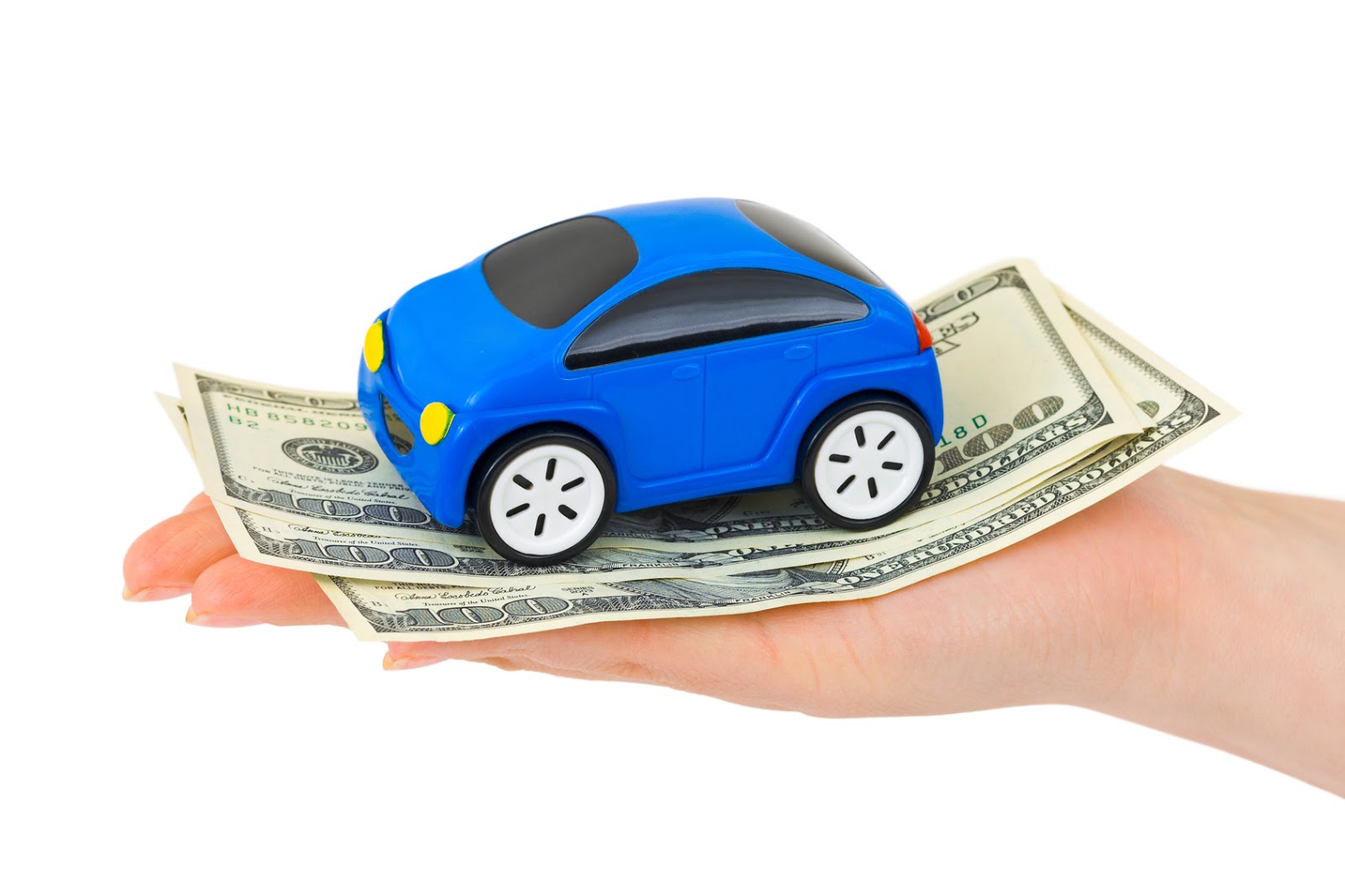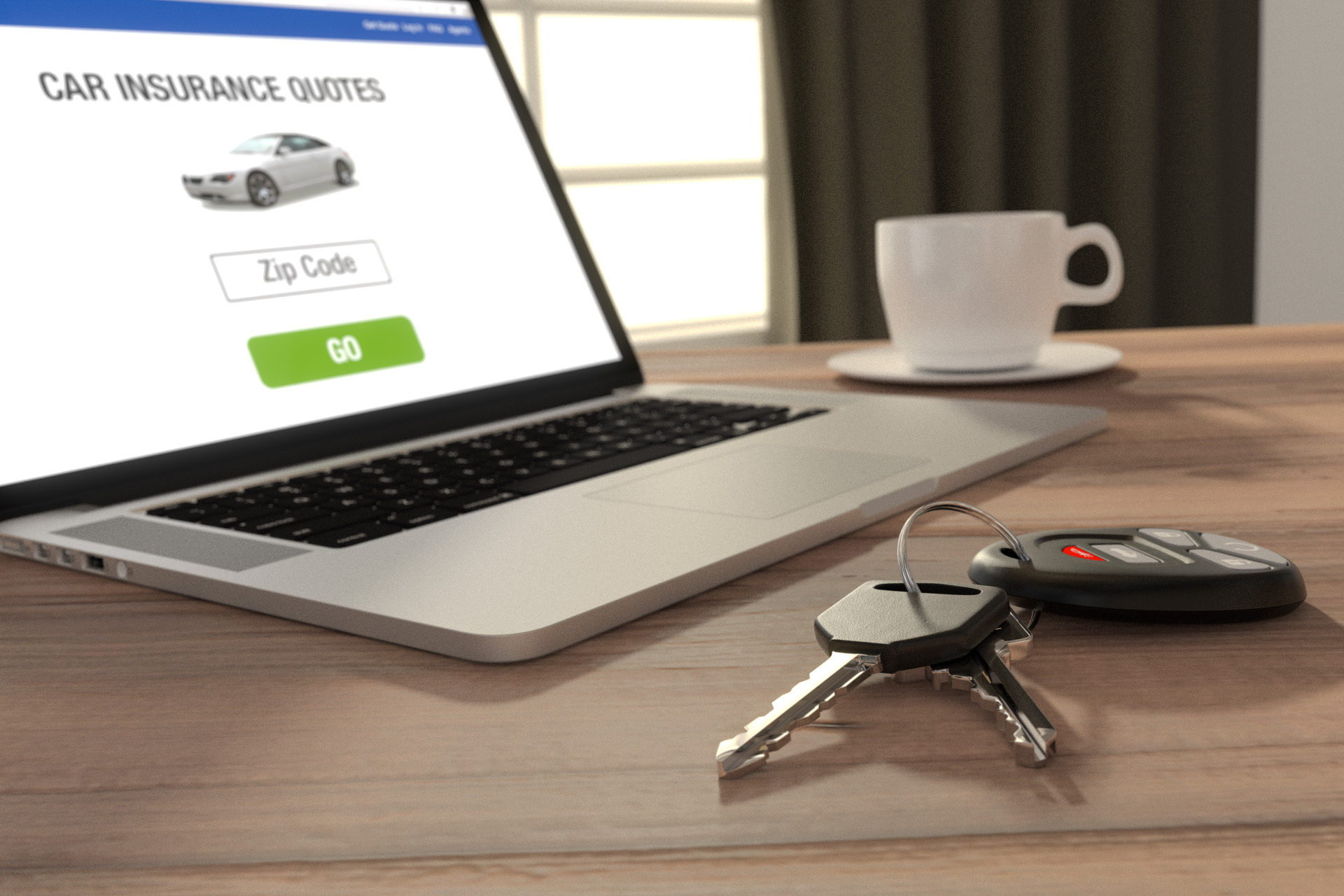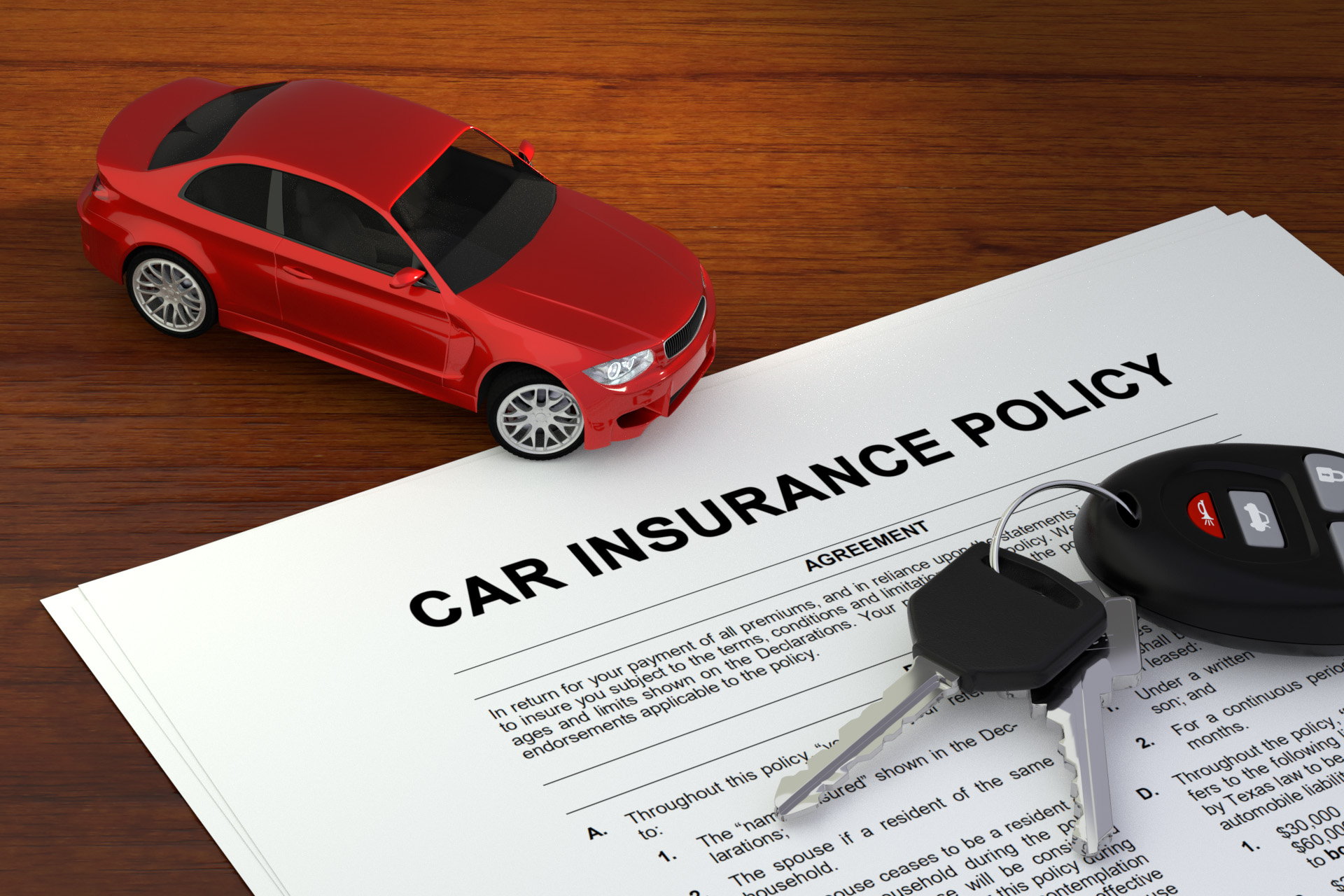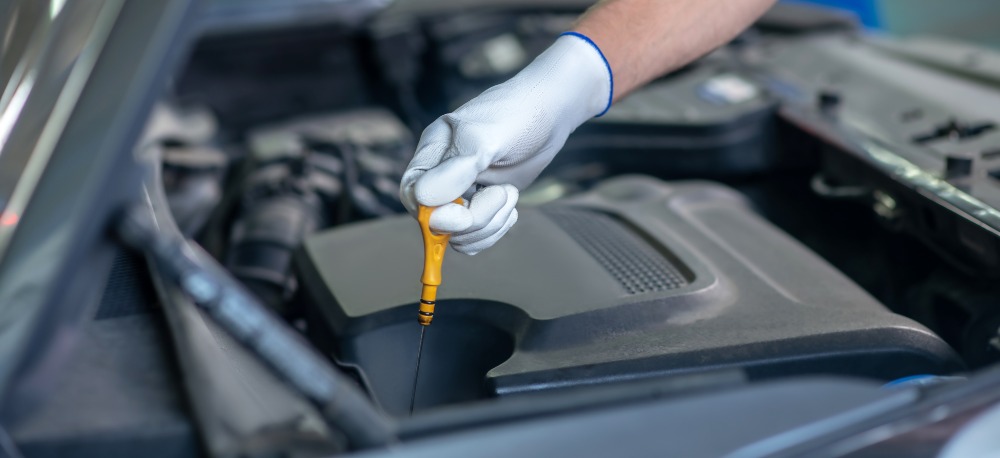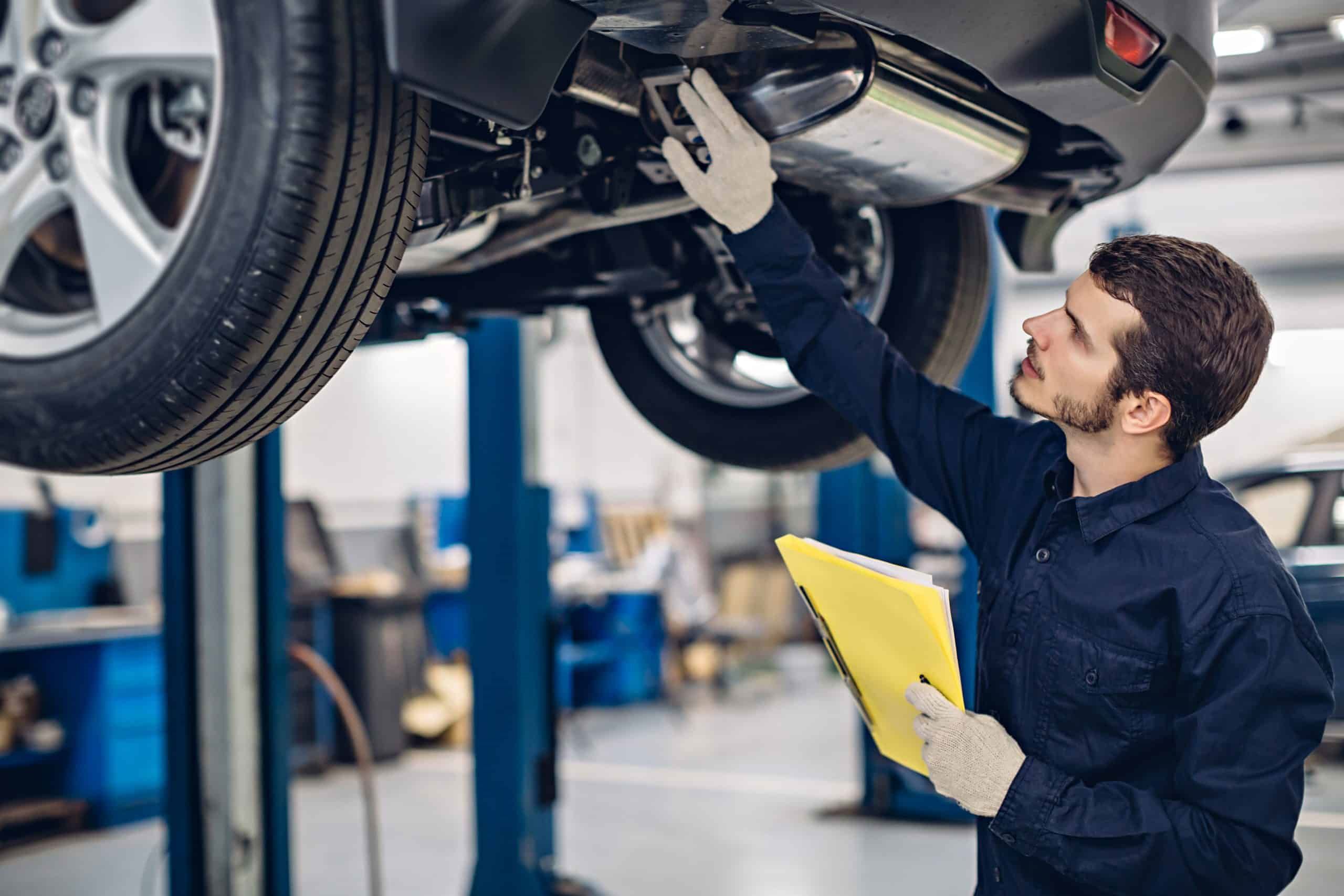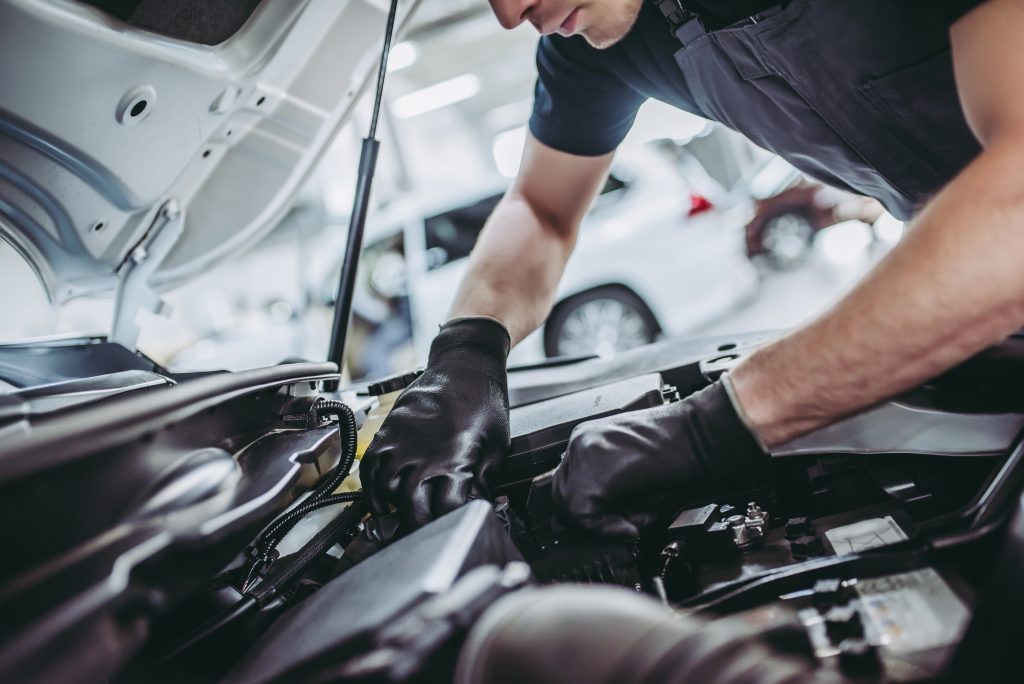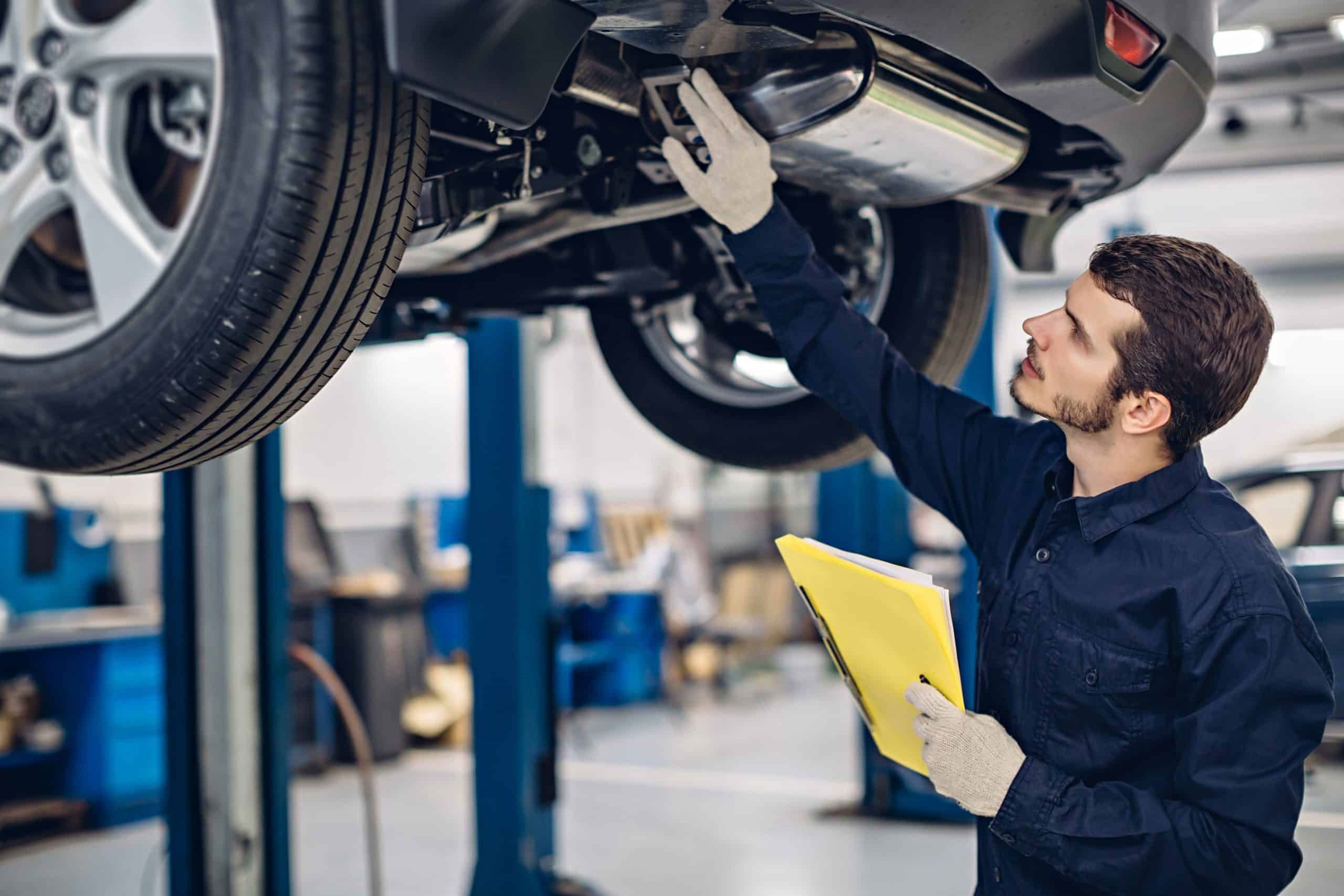Tires are an essential component of your vehicle’s safety system, and proper maintenance is crucial for safe driving. Neglecting tire care can lead to decreased performance, reduced fuel efficiency, and even accidents. This article explains the importance of regular tire maintenance, including tips for checking tire pressure, tread wear, and alignment.
Check Tire Pressure Regularly
Maintaining the correct tire pressure is crucial for safe driving, fuel efficiency, and tire longevity. It’s essential to check your tire pressure regularly, at least once a month, or before a long trip. Use a reliable tire pressure gauge to measure the pressure when the tires are cold, meaning before you drive the car or have driven less than a mile.
You can find the recommended tire pressure for your car in the owner’s manual or on a label inside the driver’s door jamb. Do not use the maximum pressure printed on the tire sidewall, as it may not be the correct pressure for your car.
Inspect Tread Wear
Treadwear is another crucial aspect of tire maintenance. The tire tread provides grip on the road surface, and worn-out tires can cause loss of traction, especially in wet or slippery conditions. A simple way to check the tire tread depth is to use a penny. Insert the penny into the tread groove with Lincoln’s head upside down. If you can see the top of Lincoln’s head, it’s time to replace the tire.
Uneven tread wear can indicate an alignment issue, which can cause premature tire wear, reduced handling, and decreased fuel efficiency. If you notice uneven wear, have your alignment checked by a professional mechanic.
Rotate Tires Regularly
Rotating your tires regularly can extend their lifespan and ensure even tread wear. A good rule of thumb is to rotate your tires every 6,000 to 8,000 miles, or according to the manufacturer’s recommendations. Tire rotation involves moving the front tires to the rear and vice versa, to distribute the wear more evenly.
Alignment and Balancing
Proper wheel alignment and balancing are essential for safe driving and optimal tire performance. Misaligned wheels can cause uneven tire wear, reduced handling, and decreased fuel efficiency. Symptoms of misalignment include the car pulling to one side, steering wheel vibration, or uneven tire wear.
Wheel balancing ensures that the weight of the tire and wheel assembly is evenly distributed around the axle. An unbalanced tire can cause vibration, steering wheel wobble, and premature tire wear. Have your wheels aligned and balanced by a professional mechanic regularly, especially if you notice any of these symptoms?
Proper tire maintenance is crucial for safe driving, optimal performance, and long tire lifespan. Regularly checking tire pressure, tread wear, and alignment can help prevent accidents, improve fuel efficiency, and save you money on tire replacement. Don’t neglect your tires – give them the attention they deserve to keep you and your passengers safe on the road.


